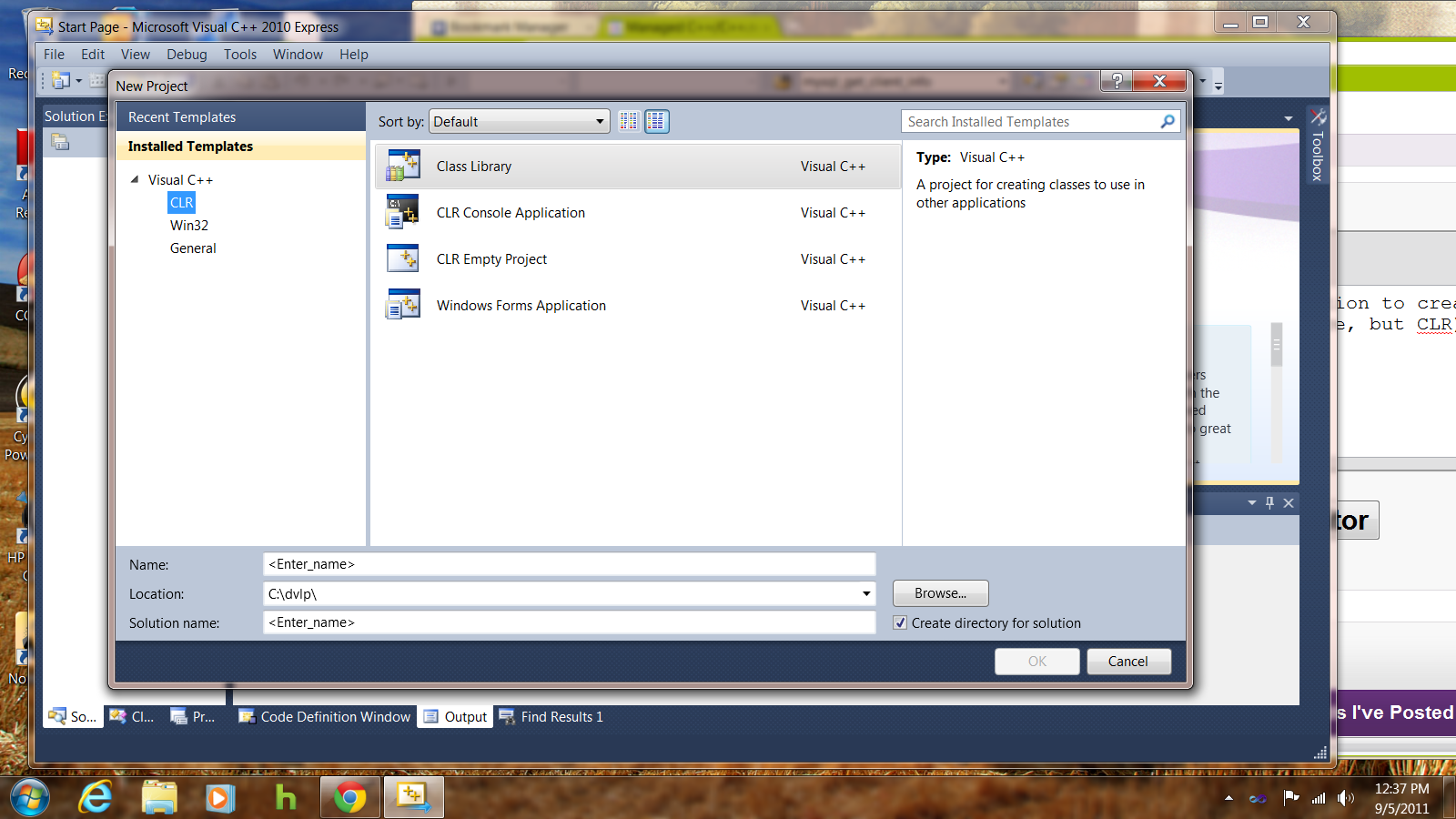I'm used to c++ along with an open database (switched from mysql to postgres not too awful long ago.) A new job I'm looking at taking focuses heavily on .net along with SQL Server. As such, I've been looking into the .net framework and what I can't seem to figure out is how to make sure I'm actually using it. From what I've gathered, C# and VB.net are both managed languages, and someone mentioned that there is a managed C++ that compiles first to Microsoft CLR.
Is using Visual C++ enough to ensure I use this "Managed C++." Does this mean I don't have to worry about destructors? Would using destructors have any effect at all? Seems it would make for more efficient code to destroy pointers and just keep the gc as a second set of eyes watching for memory leaks. My experience with managed code is pretty much nil.
Thanks in advance.

